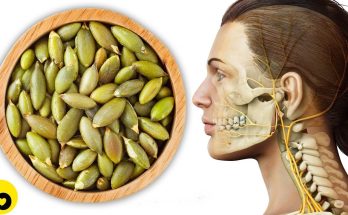Eating only fruits for two weeks may seem like a healthy detox, but it comes with both benefits and risks. Fruits are packed with essential vitamins, minerals, fiber, and antioxidants, but relying solely on them can lead to nutritional imbalances. Here’s what happens to your body during a two-week fruit-only diet.
1. Increased Energy and Hydration
Fruits are high in natural sugars (fructose), which provide a quick energy boost. They also have a high water content, keeping you hydrated and supporting kidney function.
2. Improved Digestion and Gut Health
Fruits are rich in fiber, which promotes regular bowel movements and gut health. This can help relieve constipation and bloating. However, excessive fiber intake may lead to gas and diarrhea in some people.
3. Weight Loss
Since fruits are low in calories and high in water and fiber, you may lose weight during these two weeks. However, the weight loss might be temporary, as your body will also lose muscle mass due to a lack of protein.
4. Blood Sugar Spikes and Crashes
Fruits contain natural sugars, which can cause spikes in blood sugar levels. If you eat only fruits, you may experience sudden bursts of energy followed by fatigue and hunger due to the lack of protein and healthy fats.
5. Nutrient Deficiencies
A fruit-only diet lacks protein, essential fatty acids, vitamin B12, iron, calcium, and zinc—all necessary for muscle growth, bone health, and overall body function. Over time, this can lead to fatigue, muscle loss, and weakened immunity.
6. Increased Cravings and Hunger
Without protein and fats, you may feel hungry frequently, leading to cravings and possible overeating after the two-week period.
Conclusion
While a short-term fruit diet may help with hydration and digestion, it is not sustainable long-term. A balanced diet with proteins, healthy fats, and whole grains is essential for overall health.



